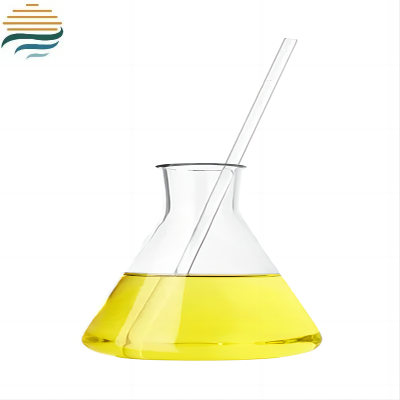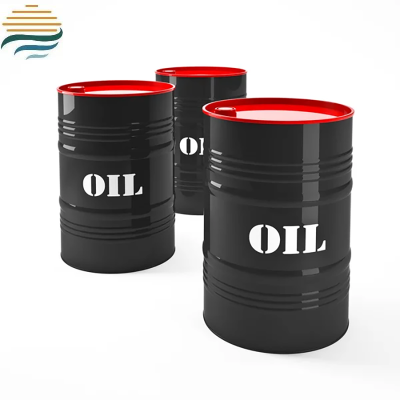Why is Transformer Oil Used?
In the intricate web of electrical power systems, transformers stand as indispensable devices for voltage regulation and power transmission. Among the various components that contribute to their efficient operation, transformer oil plays a crucial and multi - faceted role. Understanding why transformer oil is used unveils the secrets behind the reliable and safe functioning of these essential electrical apparatuses.
Electrical Insulation: A Fundamental Requirement
One of the primary reasons for using transformer oil is its exceptional electrical insulation properties. Transformers operate at high voltages, and maintaining electrical isolation between different parts of the transformer, such as the windings and the core, is vital to prevent short circuits and ensure the safe transfer of electrical energy. Transformer oil provides a highly effective insulating medium, with a high dielectric strength.
Dielectric strength refers to the maximum electric field strength that a material can withstand without breaking down and conducting electricity. Transformer oil typically has a dielectric strength much higher than air, which allows it to insulate components at high voltages within a relatively compact space. For instance, in a large - scale power transformer operating at tens or hundreds of kilovolts, the oil fills the gaps between the windings, the core, and other internal structures, preventing the flow of unwanted electrical current and ensuring that electricity travels along the intended paths within the transformer.
Heat Dissipation: Keeping the Transformer Cool
During operation, transformers generate heat due to the resistance of the windings (copper losses) and the magnetic hysteresis and eddy currents in the core (iron losses). Excessive heat can degrade the insulation materials, reduce the efficiency of the transformer, and even lead to its premature failure. Transformer oil acts as an excellent coolant, facilitating the dissipation of this generated heat.
As the oil comes into contact with the hot parts of the transformer, such as the windings, it absorbs the heat. The heated oil then rises due to its reduced density, creating a natural convection current. This current carries the heat to the outer surfaces of the transformer tank, which is often equipped with fins or radiators. The increased surface area of these fins allows for more efficient heat transfer to the surrounding air, cooling the oil in the process. The cooled oil then sinks back down to the bottom of the tank, ready to absorb more heat. This continuous cycle of heat absorption and dissipation helps to maintain the transformer's operating temperature within safe limits, ensuring its long - term reliability.
Arc Quenching: Protecting Against Electrical Faults
In the event of an electrical fault, such as a short circuit within the transformer, high - energy arcs can form. These arcs can cause significant damage to the transformer's internal components and pose a safety risk. Transformer oil has excellent arc - quenching capabilities, which help to quickly extinguish these arcs and prevent further damage.
When an arc forms in the presence of transformer oil, the high temperature of the arc causes the oil in its vicinity to vaporize and decompose, producing hydrogen gas and other hydrocarbons. The hydrogen gas, in particular, has a high thermal conductivity and a low dielectric strength when in a gaseous state. This rapid generation of gas creates a pressure wave that disrupts the arc, cools it down, and reduces its electrical conductivity, effectively quenching the arc. By quickly extinguishing arcs, transformer oil helps to protect the integrity of the transformer and minimize the impact of electrical faults on the overall power system.
Chemical and Thermal Stability
Transformer oil is designed to have high chemical and thermal stability. It must be able to withstand the harsh operating conditions inside a transformer, including high temperatures, electrical stresses, and exposure to oxygen over long periods without degrading significantly.
High - quality transformer oils are formulated to resist oxidation, which can lead to the formation of sludge, acids, and other byproducts that can compromise the oil's insulating and cooling properties. Additives are often incorporated into the oil to enhance its stability, such as oxidation inhibitors. These additives react with oxygen and free radicals that form during operation, preventing the oil from oxidizing and maintaining its performance over an extended service life.
Furthermore, the oil's thermal stability ensures that it remains in a liquid state within the normal operating temperature range of the transformer, avoiding issues such as solidification at low temperatures or excessive vaporization at high temperatures. This stability is crucial for maintaining the continuous and reliable operation of the transformer in various environmental conditions.
Moisture and Contamination Control
Transformer oil also plays a role in controlling moisture and preventing the ingress of contaminants. Moisture can significantly reduce the dielectric strength of the insulation materials within the transformer, increasing the risk of electrical breakdown. The oil acts as a barrier, preventing moisture from entering the transformer and absorbing any moisture that may be present inside.
In addition, the oil can trap and suspend small particles of dirt, dust, or other contaminants that may find their way into the transformer. This helps to keep the internal components clean and free from substances that could cause electrical shorts or mechanical damage. Regular monitoring and filtration of the transformer oil can further enhance its ability to control moisture and contaminants, ensuring the long - term health of the transformer.
In conclusion, transformer oil is used for a multitude of essential functions within electrical transformers. Its capabilities in electrical insulation, heat dissipation, arc quenching, combined with its chemical and thermal stability and role in moisture and contamination control, make it an irreplaceable component in the operation of transformers. Without transformer oil, the safe, efficient, and reliable operation of power systems that rely on transformers would be severely compromised.





